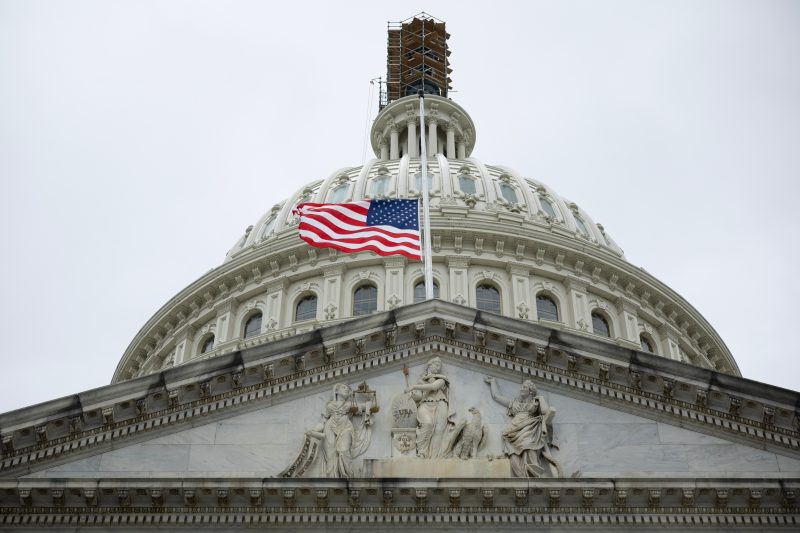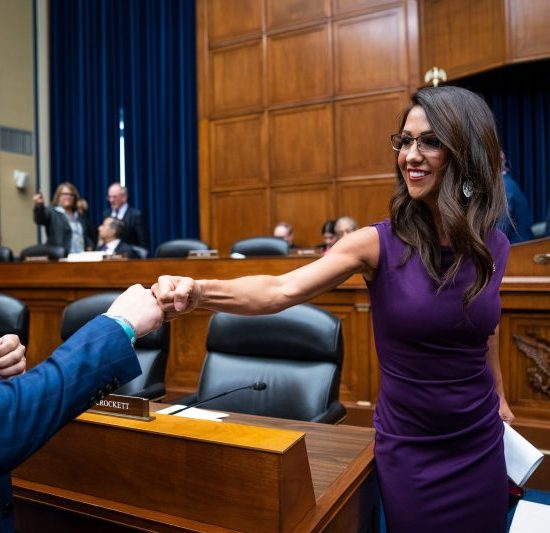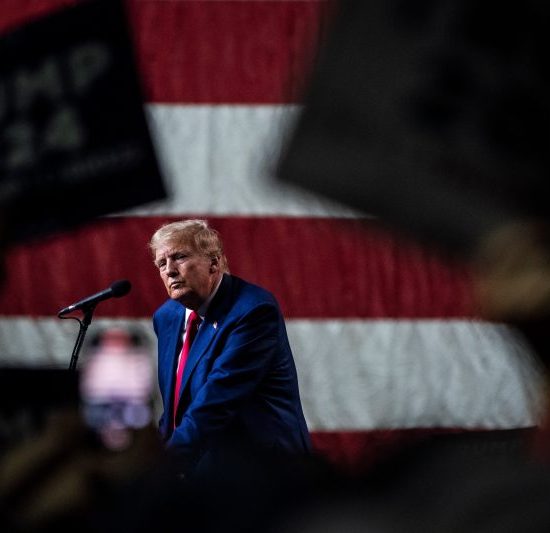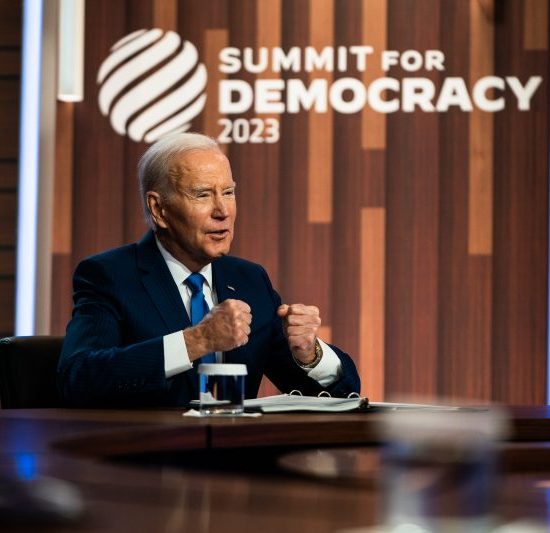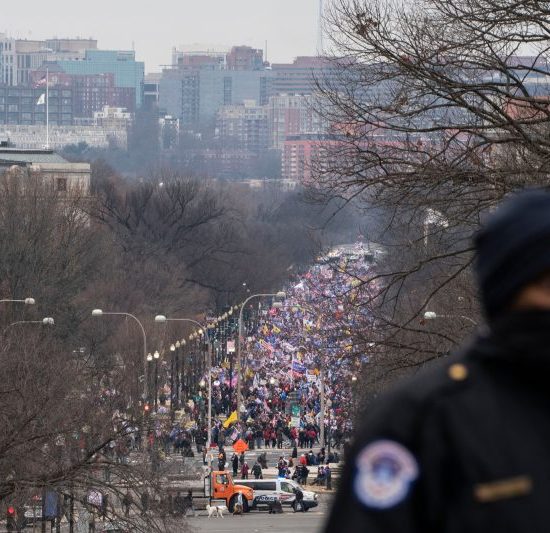The renowned credit rating agency Moody’s Investors Service recently announced that it had downgraded the US’s credit outlook from “stable” to “negative,” suggesting that it may soon consider lowering the US’s credit rating rating. Though many factors have been cited, Moody’s concluded that the primary driver of the downgrade was a lack of “policy effectiveness” due to mounting political dysfunction in the US.
The downgrade, which took effect on August 6th of this year, marked the first time since 2015 that the US has been issued a negative outlook. According to Moody’s, policy effectiveness has declined due to heightened partisan animosity and an increased degree of polarization among policy makers, resulting in a diminishing capacity of the US government authorities to adequately respond to economic and fiscal challenges.
Moody’s went on to note that the US political turmoil, which has been exacerbated by the divisions brought on by the COVID-19 pandemic, has had further detrimental effects on the economy. They cite a lack of significant fiscal support for “households and businesses that have been constrained or damaged by the virus” as a primary factor, adding that “uncertainty around future federal government support has eroded longer-term fiscal visibility.”
What’s more, Moody’s also explained that the inability of the US government to consistently and effectively legislate fiscal policy has contributed to the country’s current economic insecurity, as well as weaker consumer spending and higher unemployment.
Since its initial downgrade, Moody’s has already softened some of the language used in its assessment. In their most recent analysis, they noted that “the longer-term US rating outlook could remain negative if political dysfunction persists” and added that “ongoing fiscal support and policy responsiveness” could potentially alleviate the downgrade.
Given the magnitude of this decision, it’s clear that if no major progress is made in the near future, the US credit rating could be further lowered, resulting in a heightened sense of insecurity in the country. However, this could provide much needed motivation for government authorities to work together and resolve current political strife in a meaningful way.

